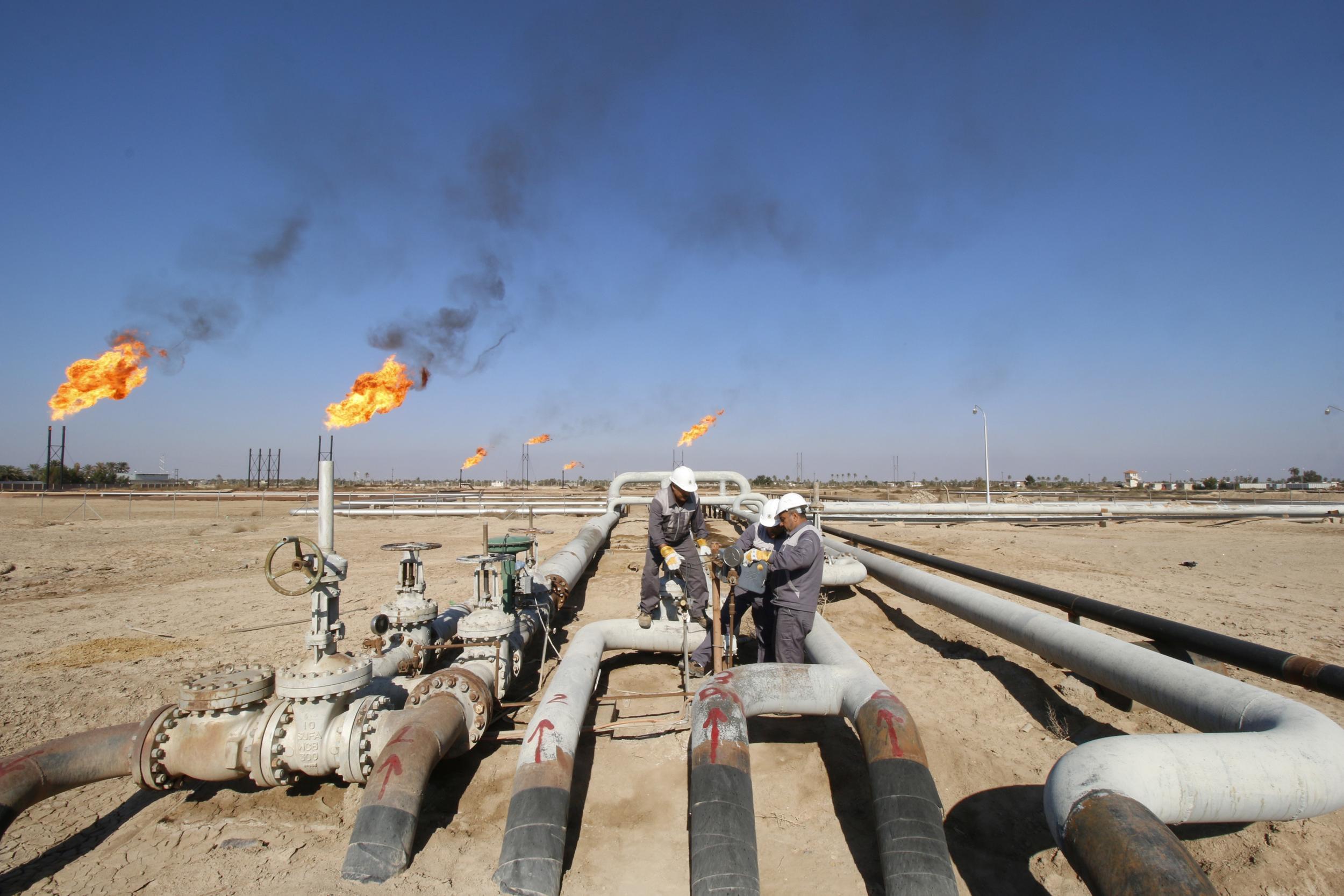Gas power plants emit up to 120 times more methane than previously thought, study finds
'If natural gas is going to deliver on its promise, methane emissions due to leaks, venting, and flaring need to be kept to a minimum'

Gas power plants can emit up to 120 times the levels of methane reported by companies to regulators in the United States, according to new research.
As the world attempts to switch to a low-carbon economy, gas is increasingly being used as it is – theoretically at least – cleaner than coal, producing about 56 per cent of the emissions.
However, scientists at Purdue University and the Environmental Defence Fund (EDF) said that if just three per cent of the gas, which is mostly methane, leaked into the atmosphere, then a gas plant would become a bigger source of greenhouse gases than a coal one.
The researchers found that leaks from three gas power plants in the US were much lower than this level at less than 0.5 per cent.
And, even when supply chain leak estimates of 1.7 per cent were taken into account, “the climate benefit of using natural gas for electricity generation is not compromised”, they said in a paper in the journal Environment Science & Technology.
But the study also found: “Average methane emission rates were larger than facility-reported estimates by factors of 21 to 120 (at natural gas power plants) and 11 to 90 (at refineries).”
While methane has a much more powerful warming effect on the atmosphere than carbon dioxide, there is less of it and the gas is relatively short-lived.
But, mass-for-mass, methane still has 28 to 34 times the greenhouse effect of carbon dioxide over 100 years.
In a statement, one of the researchers, Professor Paul Shepson, of Purdue, said methane was “ a better fuel all around – as long as you don't spill it”.
“But it doesn't take much methane leakage to ruin your whole day if you care about climate change,” he said.
While the study found more methane leaking into the atmosphere than the companies had done, Professor Shepson said there was a simple way to prevent this source of greenhouse gases.
“There is much more methane being released into the atmosphere by leaky compressors, valves, and industrial hardware,” Professor Shepson said.
“But the good news here is that you can take a specialised infrared camera around the plant to find the leaks and then patch them with a wad of bubblegum.
“I'm joking about that, of course, but the point is that it's a relatively easy thing to fix.”
The EDF, a Texas-based non-profit organisation, said the gas industry must be alert to leaks.
“Power plants currently use more than one third of natural gas consumed in the US and the volume used is expected to increase as market forces drive the replacement of coal with cheaper natural gas,” it said in a posting on its website.
“But if natural gas is going to deliver on its promise, methane emissions due to leaks, venting, and flaring need to be kept to a minimum.
“Finding and fixing leaks from all points in the oil and gas value chain continue to offer the most bang for the buck in achieving this goal.”
And it cautioned the study had only looked at three power plants, adding that more work was underway on a larger sample.
“While the findings are based on a small data set, they do show the potential for significant emissions not recognized in official inventories,” the EDF said.
“Some additional natural gas power plant emission measurements are currently being made by the Purdue researchers who published this report.
“But more measurements will be needed to understand if the findings are representative of the industry profile.”
In January last year, the largest recorded gas leak in California's history saw vast amounts of methane released into the atmosphere, amounting to about a quarter of the state's normal daily emissions of the gas.
It was said to have had a "far greater" impact than the explosion of the Deepwater Horizon oil rig and subsequent spill on the level of greenhouse gas emissions.
Join our commenting forum
Join thought-provoking conversations, follow other Independent readers and see their replies
Comments